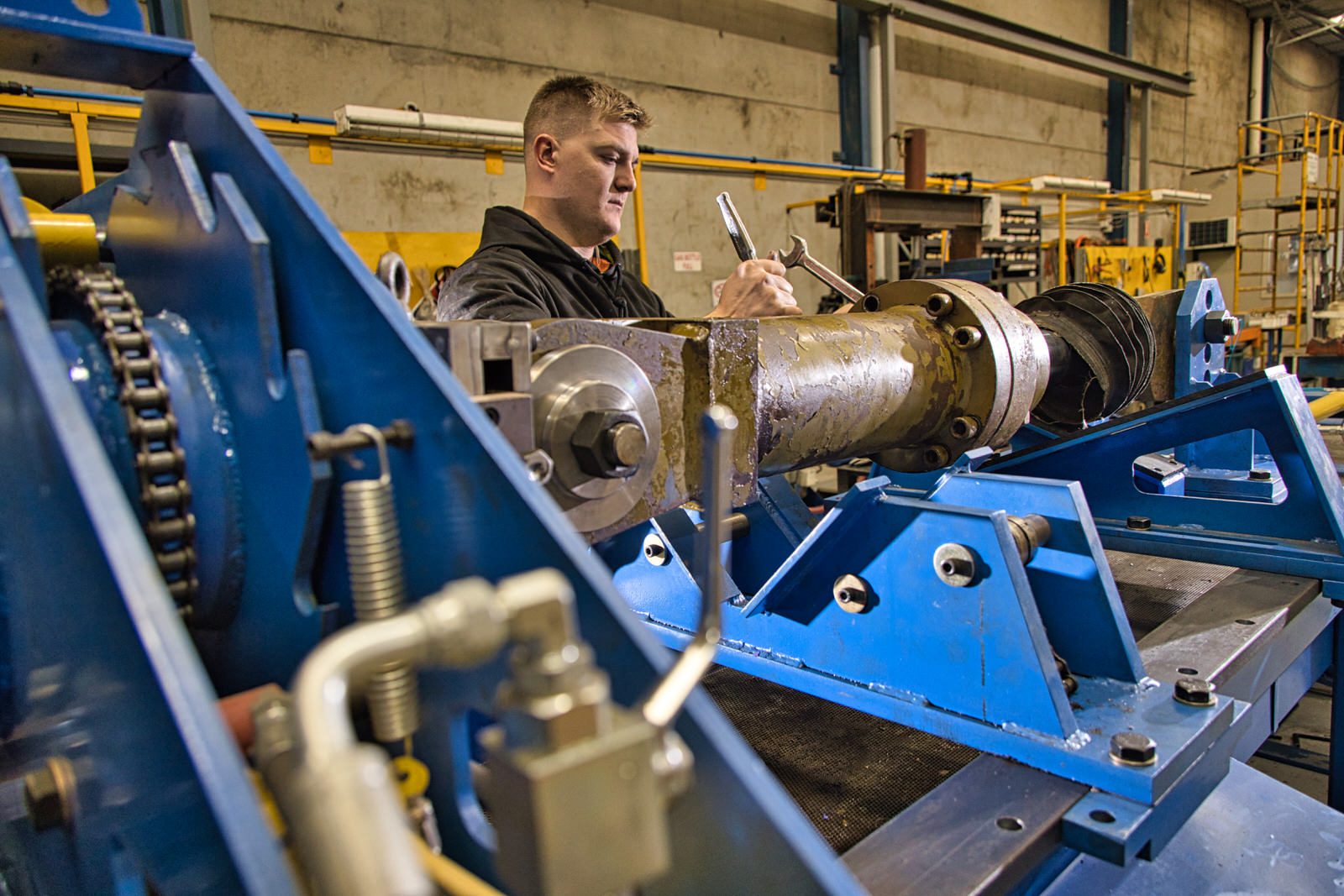The safety of flying greatly depends on aircraft maintenance, which uses sophisticated hydraulic fluids. These fluids guarantee the effective operation of vital systems, including the landing gear, brakes, and flight controls. This article examines how advancements in hydraulic technology in recent years have enhanced airplane maintenance performance and safety.
Understanding the Role of Hydraulic Fluids in Aircraft
Many aviation systems rely on hydraulic fluids because they provide the pressure required to perform intricate mechanical tasks. They must have qualities including a high viscosity index, thermal stability, and low compressibility to function in various temperatures and pressures in aircraft conditions. These characteristics are essential for the fluids to preserve their functional integrity and guarantee aviation systems’ smooth and dependable operation, reducing the likelihood of mechanical breakdowns. The selection of hydraulic fluid is a crucial step in aviation maintenance since it affects not only the regular functioning of the aircraft but also the safety and effectiveness of flights.
Advancements in Synthetic Hydraulic Fluids
Creating synthetic hydraulic fluids is a significant development in airplane maintenance fluids. Synthetic fluids have better qualities than mineral-based counterparts, such as increased biodegradability and fire resistance. In addition to increasing safety by lowering the possibility of fire in high-pressure settings, this change supports environmental sustainability objectives by lessening the ecological effect of spills and leaks. Furthermore, synthetic hydraulic fluids are made to function better in both hot and cold climates, which considerably raises the dependability and effectiveness of aircraft hydraulic systems when they are in use. These sophisticated fluids demonstrate the industry’s dedication to environmental responsibility and safety.
The Advantages of Phosphate Ester Hydraulic Fluids
Among the leading innovations in hydraulic fluids is Skydrol, a phosphate ester hydraulic fluid renowned for its exceptional fire-resistant properties and compatibility with aircraft materials. It has set a high industry standard due to its low compressibility and ability to maintain stability under severe operating conditions. Its extensive use is evidence of how well it works to improve the dependability and security of contemporary airplanes. This hydraulic fluid exhibits excellent anti-wear characteristics and high thermal stability, ensuring optimal performance even in the most demanding flight conditions. The continued preference for this fluid in aerospace applications underscores its critical role in ensuring the aviation industry’s safety and operational efficiency. Moreover, its superior performance significantly reduces maintenance times and costs, proving its indispensable value to the aerospace sector.
Corrosion Prevention and System Longevity
Modern hydraulic fluids are also designed to protect aircraft systems from corrosion, a significant concern in aircraft maintenance. By considerably lowering wear and tear on system components, novel additives in hydraulic fluids might eventually prolong their operational life and save maintenance costs. By improving the anticorrosive properties of these fluids, manufacturers help ensure that aircraft can remain operational for longer, with less frequent overhauls and repairs. These enhanced formulations contribute to more reliable aircraft performance and ensure that safety standards are maintained at the highest level. Furthermore, reducing the maintenance frequency afforded by these high-quality hydraulic fluids allows airlines to optimize their operational schedules, improving efficiency and reducing downtime across their fleets.
Monitoring and Maintenance Technologies
Advancements aren’t just being made in the fluids but also in the technologies used to monitor and maintain hydraulic systems. Modern sensors and diagnostic tools allow for real-time monitoring of fluid conditions, detecting contaminants and degradation that could lead to system failures. These technologies enable preventative maintenance strategies to avoid unexpected aircraft downtime and ensure passenger safety. This proactive approach helps identify potential issues before they escalate and optimizes the maintenance process, enhancing the overall efficiency and reliability of aircraft operations. With these sophisticated monitoring systems, maintenance teams can quickly respond to the precise needs of the aircraft, ensuring that all components function at their best and reducing the likelihood of in-flight problems.
Conclusion
The invention of hydraulic fluids has significantly increased the efficiency and safety of flying. Synthetic and phosphate ester fluid innovations continue to be essential to continuous advances in aircraft performance and dependability, satisfy present needs and open the door for future developments.

